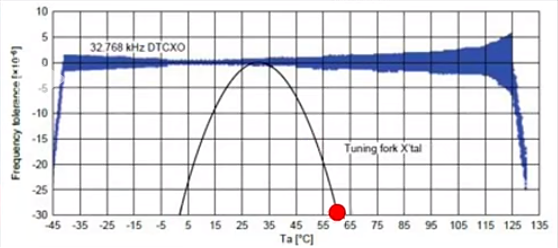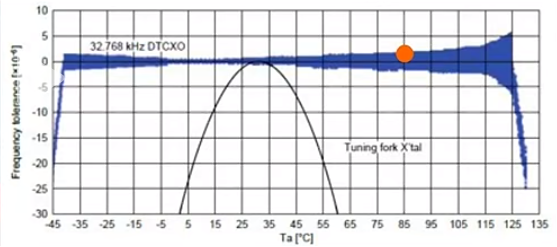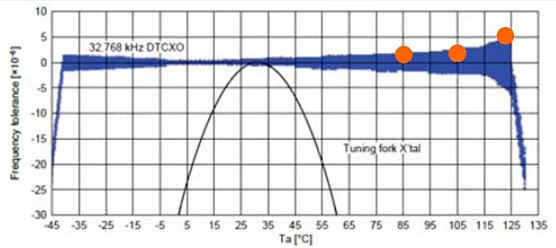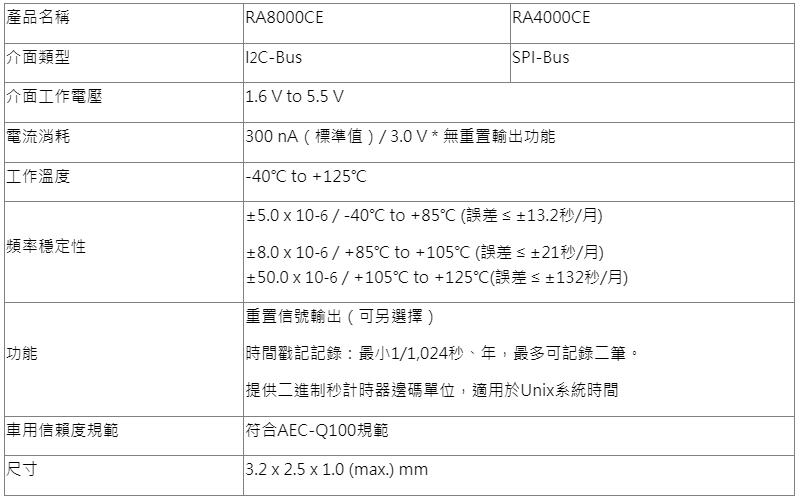POP_UP_MESSAGE_CONTENT


Epson RTC real-time clock module helps the in car BMS system run better
The automotive BMS module is the abbreviation for Battery Management System, which mainly functions to intelligently manage and maintain various battery units. The core function of this system is to prevent overcharging or overdischarging of the battery, thereby extending its lifespan; In addition, the BMS module can also monitor the battery status in real time to ensure the safety and stability of battery operation.

The Epson RTC real-time clock module helps the in car BMS system run better. The module integrates a 32.768kHz quartz crystal oscillator and a real-time clock chip. Its core function is to provide accurate time and date information for the BMS system, ensuring that the system can smoothly perform necessary operations related to time. In addition, the module adopts QMEMS manufacturing technology and semiconductor technology to ensure the high precision and low current loss characteristics of the components. Meanwhile, its equipped digital temperature compensated crystal oscillator (DTCXO) can provide stable clock frequency in various temperature environments, making it widely used in various scenarios that require precise timing.
In practical applications, the RTC module can record the charging and discharging cycles of the battery, helping users understand the usage of the battery. In addition, BMS can perform regular self checks and maintenance based on the time information provided by the RTC module to ensure the health status of the battery. The normal operation of RTC module is crucial for improving the intelligence level and data accuracy of BMS, and is an indispensable part of battery management system. Next, let's analyze the application advantages of RTC module in electric vehicle/battery management system (BMS) in detail.
1. BMS regularly monitors the battery when the engine is turned off
(1) Contribution to low power consumption of electric vehicles (EVs) and battery management systems (BMS): The RTC module can maintain accurate timing in a low-power state when the engine is turned off, allowing the BMS to enter sleep mode;
(2) The RTC module can also periodically wake up the Battery Management System (BMS);
(3) The RTC module supports periodic intermittent operation of the battery management system (BMS) to help reduce the overall energy consumption of the vehicle, thereby achieving optimal charging and discharging of the battery.
2. Even in high-temperature environments, RTC modules can operate with high frequency accuracy
BMS operates in high temperature environments, up to 125 ℃. The temperature characteristics of MCU or RTC IC+32.768 kHz quartz crystal oscillator will exhibit a parabolic curve with temperature changes. When the temperature increases, the frequency of 32.768 kHz quartz crystal will shift in the negative direction, as shown by the red dot:

At+85 ℃, it changes approximately to -140x10-6, or an error of approximately 6 minutes per month.
On the other hand, the Epson RTC modules RA8000CE/RA4000CE have built-in temperature compensation circuits, with a frequency variation of approximately ± 5x10-6 at+85 ° C and a monthly error of only ± 13 seconds. This means that even in high-temperature environments, the RTC module can still maintain high frequency accuracy;

In addition, the RTC module RA8000CE/RA4000CE can achieve a frequency accuracy of ± 8x10-6 at+105 ° C, with a monthly error of ± 21 seconds. And the operating temperature range of this module is guaranteed to be from -40 ° C to+125 ° C.

3. Epson RTC is recommended for use in car BMS systems
(1) Epson RTC is very suitable for in car BMS systems: RA8000CE (12C)/RA4000CE (SPI): even when the engine is turned off or the BMS is in body sleep mode, it can operate at low power consumption, maintain accurate time, regularly wake up the BMS, and maintain highly accurate time information over a wide temperature range;
(2) RA8000CE (12C)/RA4000CE (SPI) Performance: Built in high stability temperature compensated DTCXO, high temperature resistance of 125 ℃, accuracy of 125 ℃± 50% ppm, accuracy of ± 8% PPM at 105 ℃, meets AEC-Q100 vehicle specification requirements, multiple interface types, can be used for I ² C and SPI interfaces (3-wire and 4-wire selection), standby power consumption of 300nA, and integrates two timestamp functions, and has a reset function for monitoring MCU voltage. Used for battery management in new energy vehicles and central control clocks in automobiles.

With the continuous progress and expansion of the new energy technology market, the application of Epson RTC real-time clock in vehicle BMS improves its reliability through high-precision timing and temperature compensation technology, low-power design, wide temperature range working ability, compliance with AEC-Q automotive specifications, enhanced system functionality and safety, and reducing the number of components in design schemes.












